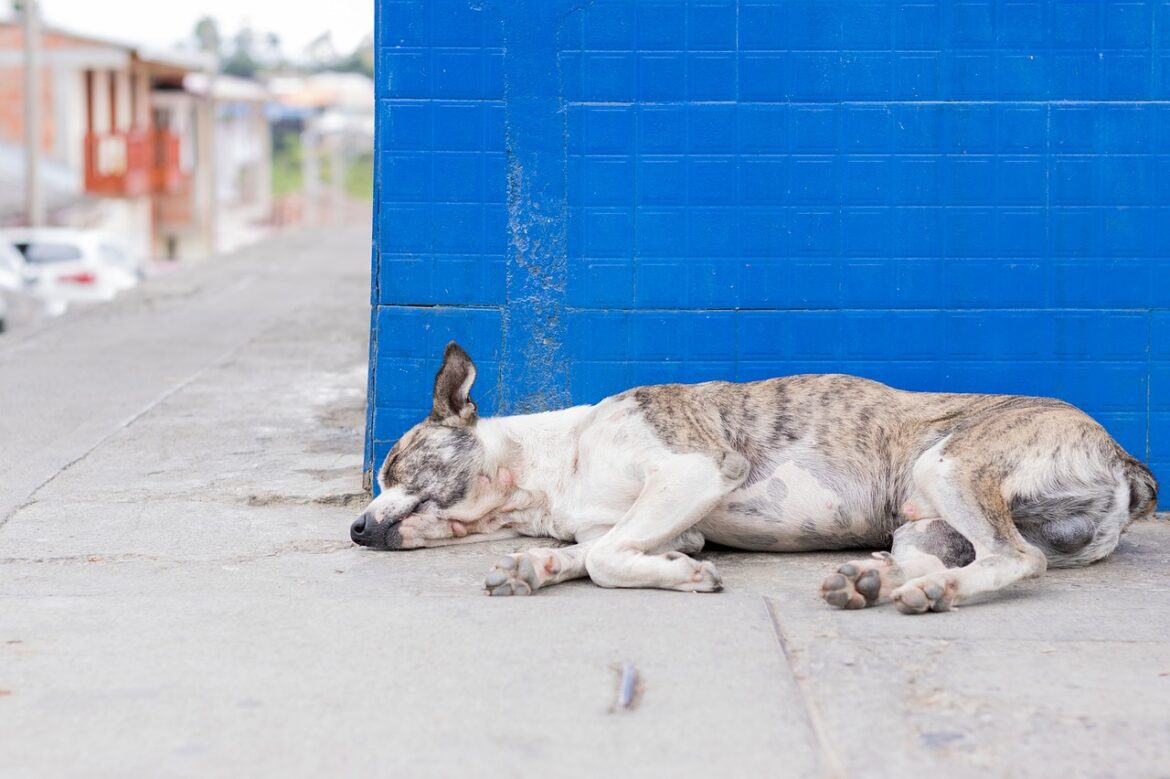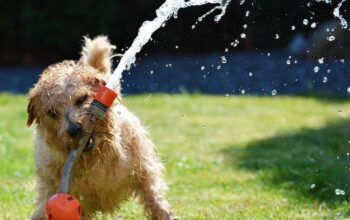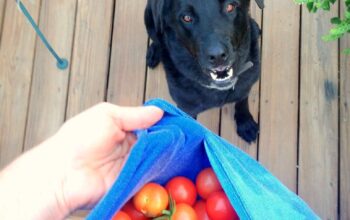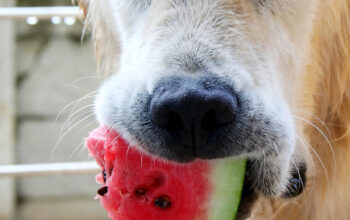A new puppy! Small dogs are so cute, soft and playful…. and what sharp teeth they have. Those super sharp teeth are part of puppy ownership along with pinching and biting. Nipping and biting are normal for your new addition, especially up to 16 weeks old; the constant biting and mouthing are a way for your puppy to explore the world and ease the pain that comes with teething. A whitish and biting dog can cause chaos in your home and problems will follow if you do not get the behavior under control. Here are a few suggestions to get you started on the right path to telling your dog that nipping is not accepted at your home.
First, safety.
Nipping and biting is in puppy language meant to be playful and not mean or aggressive. Consider this when developing a plan for your family, especially if you have children. Kiddos, especially younger ones, can interpret a puppy biting as mean, which can lead to your child becoming afraid or nervous about your new four-legged family member. In order to keep everyone in the family on the same page, ensure that everyone knows that no one in the family should retaliate against the dog and that only adults (or larger kids) should do the bit correction
Families with younger children can find that a pup is stressful if they nip them in a ball. We have heard stories about preschoolers choosing to stay on the couch – out of the reach of puppies – for fear of the sharp tip. One of our family members was more afraid of Junie’s nipping than anyone ever did. We didn’t want his nervousness and worry to turn into more of a fear issue, said the mother. We knew that our son had to feel in control of the situation when playtime was a little too sweet for his liking. To help the situation and bring some calm back to chaotic moments, we would tell him to ‘be a tree’ when she began to crawl. He would stand still with his hands on his chest and Junie would immediately stop snipping his heels or shirt up. Instead, she would calm down and stand next to him simply. It is still common for us to scream “be a tree” a few times a week. Everyone feels safe and instantly calms the situation in our home.
The key to communicating your expectation to your puppy is immediately correcting the tuck if it occurs. If your puppy gets bitten and nipped, hold your hand to close your puppy’s mouth while you say the words, “no bite”. After your pup relaxes, tell him that it is better to serve him a high-quality chewing toy. Try sturdy toys can handle sharp puppy teeth and chew. Constant correction can be tiring during the first few months but keep it up. Your puppy is a sponge who learns what he can and cannot do; soon you will notice that your consistency has paid off.
When paying close attention to your puppy’s schedule, you can determine if your pup bites more often when tired or overstimulated. Much like a tired toddler who is cranky, your dog may need a nap or some quiet time in his crate when biting reaches fever-related levels. You will also need to teach your puppy how to settle down to keep him on a leash even if you are inside the house. Attach your dog to a certain area if he is a bit too excited and nippy. For a dog to learn to calm down alone, bonding is a great way for them to learn that this skill becomes invaluable to his mental health – and for your – as he grows.
Do what you say
The non-verbal communication is even more important than the words you tell your puppy, especially when it comes to behavior correction. You may be telling your puppy “No bite” but use your hands during playtime. Mary suggests tucking hand-mouth play with your puppy, instead of choosing fetch.
Go for a walk
Behaviours like twisting and nipping, especially in puppies, can sometimes be an indication that your pup isn’t receiving the physical stimulation they need. Assure that you and your puppy are walking throughout the day – exploring the world on a leash is pleasant for both of you – and a consistent walk schedule can reduce bite-to-bite behavior.
Socialize
Puppies can learn bad biting habits while playing with other dogs and puppies. Trainer Mary knows the importance of puppy socialization but encourages you to be sure that your puppy’s playmates are safe and to teach good habits rather than bad ones.
Remember that your dog is not biting to be mean or aggressive. He just explores the world and is trying to communicate with you the best way he knows how. As long as you keep the course and remain consistent you will be able to tell him that biting isn’t how your family communicates. Before you know it, his bites will turn to kisses and you can congratulate yourself for sticking with it to make everyone happy in your house.



